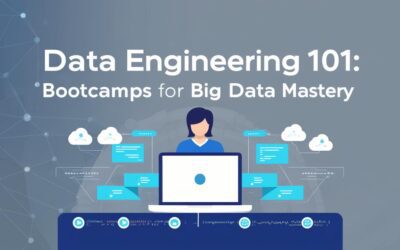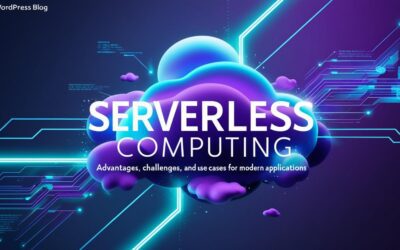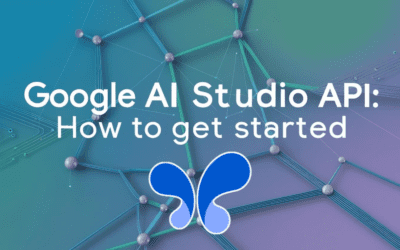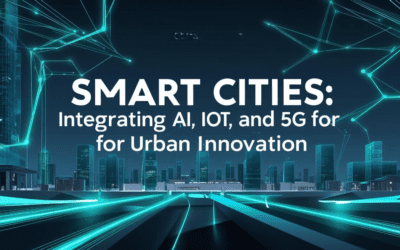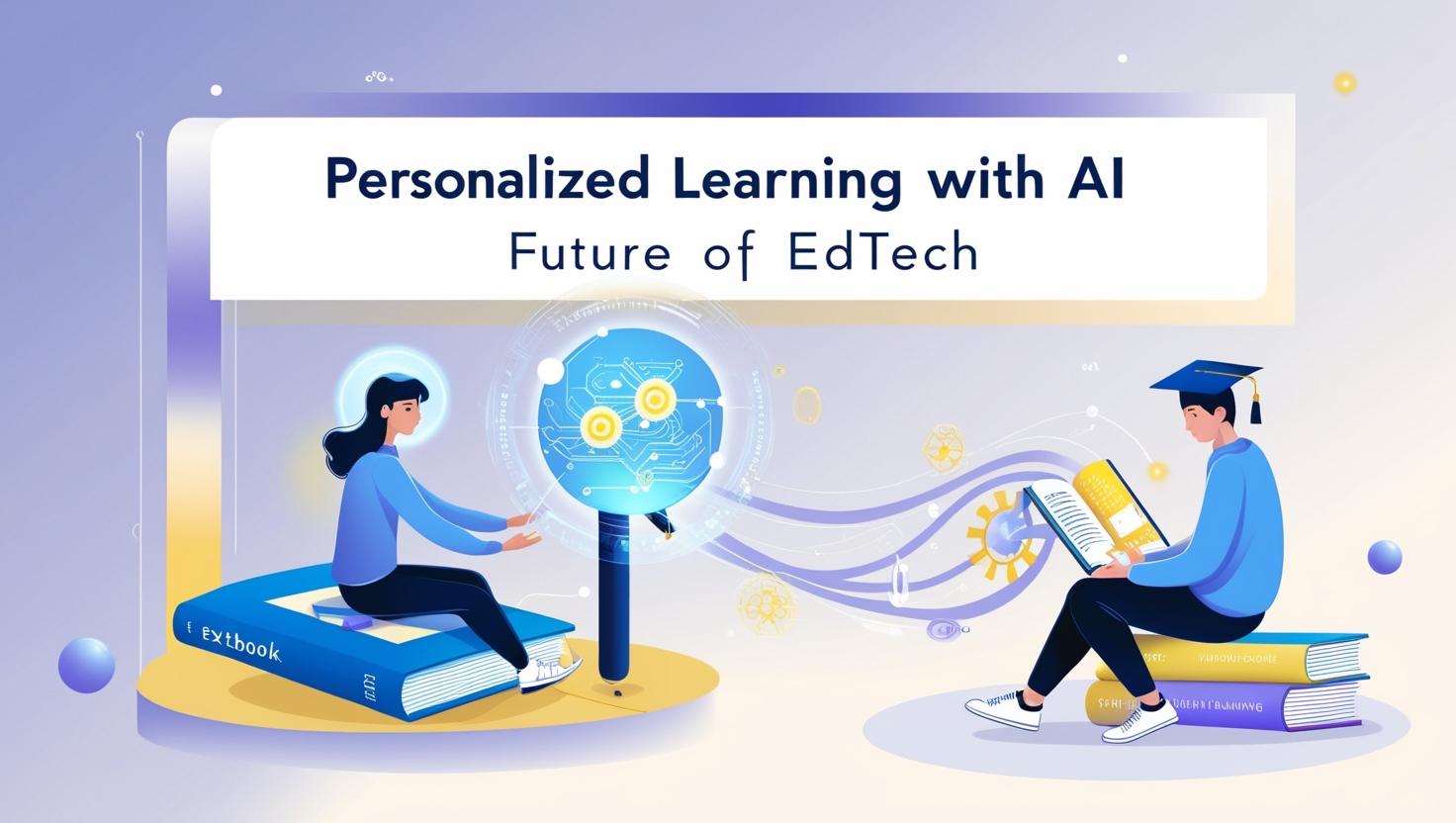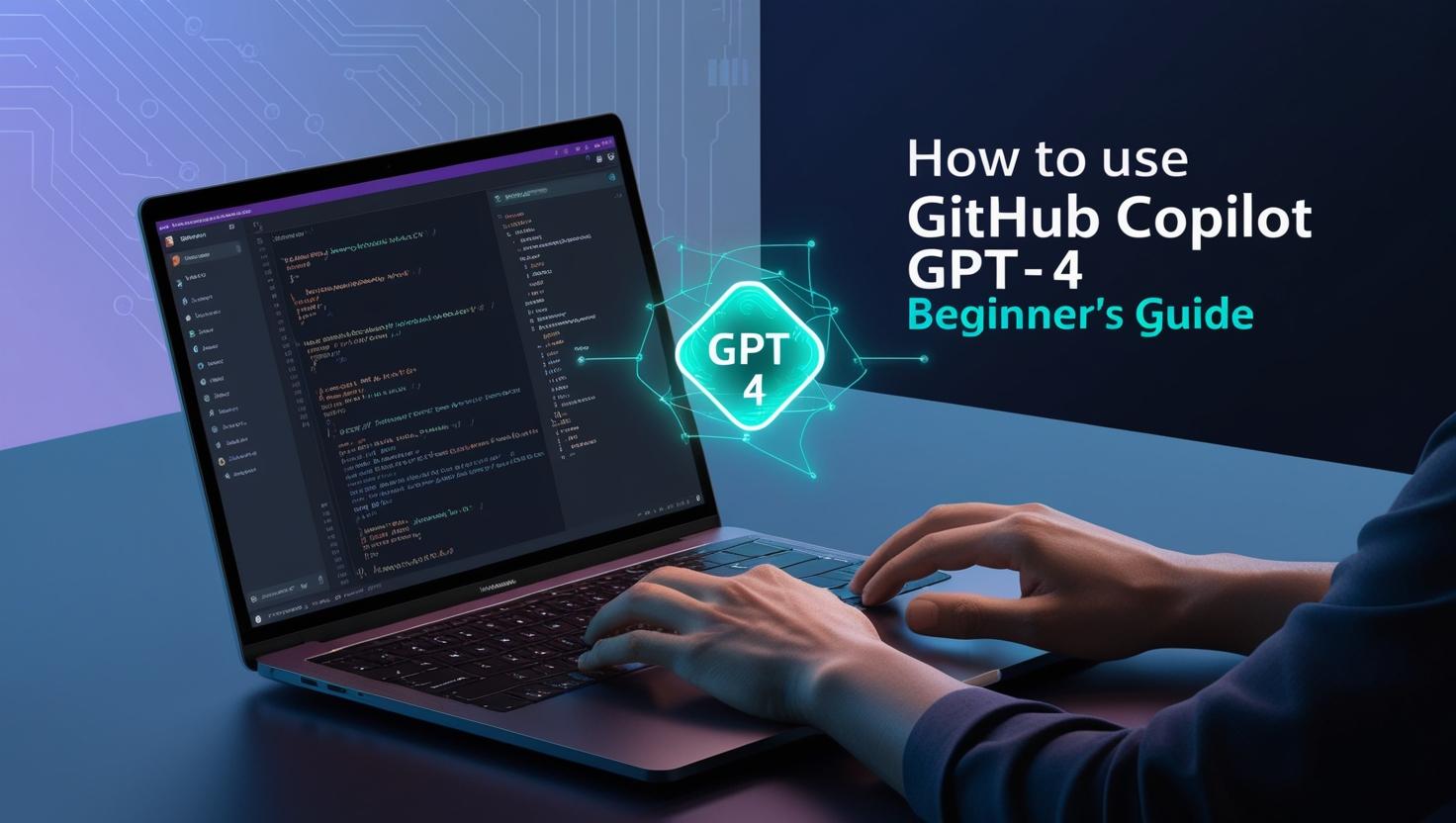Introduction
Education is entering a new era, powered by artificial intelligence (AI). Personalized learning with AI adapts education to each student’s unique needs, revolutionizing how we teach and learn. According to a 2023 McKinsey report, “AI-driven platforms reduce learning gaps by 40%,” proving their transformative potential. This technology not only boosts effectiveness but also enhances accessibility, cutting dropout rates significantly in underserved areas, as noted in the U.S. Department of Education’s 2022 report on rural schools. By tailoring learning experiences, AI is democratizing education and paving the way for a more equitable future.
How AI Creates Personalized Learning Paths
AI tailors education through adaptive algorithms that adjust content in real time based on a student’s performance. Unlike rigid traditional curricula, these systems ensure students stay engaged and challenged at the right level.
- Knewton and DreamBox use AI to dynamically tweak lesson difficulty, helping students master concepts efficiently.
- Carnegie Learning’s MATHia, for example, has boosted test scores by 25%, according to a 2022 study (source).
A 2023 McKinsey report shows schools using AI platforms achieve 30% faster skill mastery compared to conventional methods. Tools like Smart Sparrow further enhance this, improving STEM course completion rates by 45%. Personalized learning paths empower students to excel at their own pace.
AI-Powered Virtual Tutors and Accessibility
AI-powered virtual tutors are breaking down barriers, offering 24/7 support to students worldwide. These tools provide instant feedback and personalized guidance, making education more accessible than ever.
- Khanmigo from Khan Academy helps students solve math problems conversationally, doubling homework accuracy for many users.
- Squirrel AI, widely used in China, customizes lessons for millions, adapting to individual strengths.
- Duolingo’s AI tutor has cut language learning time by 50% for over 500 million users globally.
According to UNESCO’s 2023 study (source), AI tutors support over 10 million students in low-income regions via offline apps like Kolibri, bridging the gap for 260 million children without school access. This scalability is transforming education for underserved communities.
Adaptive Assessments: Measuring Progress Intelligently
AI-driven adaptive assessments revolutionize how we track student progress. By adjusting question difficulty in real time, these systems offer precise insights while easing the workload for educators.
- Century Tech reduces grading time by 70%, allowing teachers to focus on instruction (source).
- LiteracyPlanet, an Australian platform, achieved 90% student engagement with AI assessments, reshaping literacy outcomes.
Sal Khan, founder of Khan Academy, says, “AI allows us to meet students where they are, not where we think they should be.” These tools improve feedback accuracy and ensure students get targeted support, enhancing both learning and teaching efficiency.
Actionable Insights for Educators
Ready to bring AI into your classroom? Here are practical steps:
- Audit your EdTech tools: Ensure they leverage AI for personalization.
- Partner with platforms like Quizlet: Use adaptive flashcards that evolve with student progress.
- Try free AI tools: Use ChatGPT for lesson planning or Grammarly for writing feedback.
These small shifts can create big impacts, fostering inclusive and effective learning environments.
Conclusion
Personalized learning with AI isn’t just about efficiency—it’s about equity. By reducing biases in assessments and curricula, AI ensures fairer outcomes for all students. Jeff Maggioncalda, CEO of Coursera, notes, “AI is the key to scaling quality education without sacrificing personalization.” Schools must adopt these tools thoughtfully, ensuring they empower rather than replace human educators. The future of EdTech is here—explore AI solutions for your classroom and share your thoughts on The ProTec Blog!
Sources:
Final Note: AI cuts curriculum design time by 60% (ISTE 2024), making it a game-changer for educators and students alike.

